Hyperpigmentation, or the darkening of certain areas of the skin, can be a frustrating and confidence-depleting issue for many individuals. Whether it's due to sun damage, hormonal changes, or post-inflammatory conditions like acne scarring, hyperpigmentation can be challenging to treat. However, you can effectively address and minimize these stubborn dark spots and uneven skin tone with the right skincare for hyperpigmentation.
What is Hyperpigmentation and What Are The Causes?
“Hyperpigmentation is a broad term that refers to an overproduction of the natural pigment melanin”, says aesthetic doctor Dr. David Jack.
Hyperpigmentation is the darkening or discoloration of the skin in certain areas. It happens when there is an overproduction of melanin, the pigment accountable for determining skin color.
There are several potential causes of hyperpigmentation, including:
- Sun exposure: Excessive exposure to ultraviolet (UV) rays from the sun can trigger the skin to produce more melanin as a protective measure, leading to hyperpigmentation.
- Hormonal changes: Hormonal fluctuations during pregnancy, birth control pill use, or certain medical conditions like Addison's disease or thyroid disorders can cause hyperpigmentation.
- Skin injuries: Hyperpigmentation can occur after an injury or inflammation to the skin, such as acne, cuts, burns, or other trauma.
- Certain medications: Some medications, such as certain antibiotics, anti-seizure drugs, and chemotherapy drugs, can increase the risk of hyperpigmentation as a side effect.
- Melasma: This is a common form of hyperpigmentation that often appears as patches of discoloration on the face, typically triggered by hormonal changes or sun exposure.
- Post-inflammatory hyperpigmentation: This type of hyperpigmentation can occur after an inflammatory condition, such as eczema or psoriasis, as the skin tries to heal and produce more melanin.
- Genetic factors: Some individuals may be more prone to hyperpigmentation due to their genetic makeup or ethnic background.
Although hyperpigmentation is typically benign, it may raise cosmetic apprehensions for certain individuals. To address this issue effectively, consider incorporating the vitamin C serum recommended by dermatologists in India into your skincare routine for brighter, more even-toned skin.
Effective Skincare Routine for Hyperpigmentation
According to leading dermatologists, the key to tackling hyperpigmentation is incorporating certain active ingredients into your skincare routine. Here are some dermatologist-recommended skincare products for glowing skin and ingredients that can help fade hyperpigmentation and restore a more even, radiant complexion:
Retinoids
Retinoids, derived from vitamin A, are a dermatologist's favorite for treating hyperpigmentation. They work by increasing cell turnover, which helps fade existing dark spots and prevent new ones from forming. Start with a lower concentration of retinoids, like over-the-counter retinol, and gradually increase as your skin builds tolerance.
Hydroquinone
Considered the gold standard for treating hyperpigmentation, hydroquinone is a skin-lightening agent that inhibits the enzyme responsible for melanin production. However, it should be used with caution and under the guidance of a dermatologist, as prolonged or excessive use can lead to side effects.
Vitamin C
This powerful antioxidant is a game-changer when it comes to skincare for hyperpigmentation. Vitamin C helps inhibit the production of melanin, the pigment responsible for hyperpigmentation, while also providing brightening and skin-evening benefits. Look for serums or moisturizers or a vitamin C brightening cream containing stable forms of vitamin C, such as L-ascorbic acid or tetrahexyldecyl ascorbate.
Alpha hydroxy acids (AHAs)
AHAs, such as glycolic acid and lactic acid, gently exfoliate the skin, removing the top layer of dead cells and revealing brighter, more even-toned skin underneath. They can also enhance the penetration of other active ingredients in your skincare for hyperpigmentation.
Kojic acid and licorice extract
These natural ingredients have been shown to have melanin-inhibiting properties, making them effective in addressing hyperpigmentation. Look for products containing kojic acid or licorice root extract, which can be gentler alternatives to hydroquinone.
Sunscreen
In addition to incorporating these active ingredients, dermatologists recommend a consistent skincare routine that includes broad-spectrum sunscreen with an SPF of 30 or higher. Sun exposure can worsen existing hyperpigmentation and trigger new dark spots, so daily sun protection is crucial.
Moreover, incorporating a suitable skincare routine for summer is paramount in addressing hyperpigmentation concerns.
What’s the Takeaway?
It's important to note that treating hyperpigmentation takes time and consistency. Dermatologists advise patience and realistic expectations, as it can take several weeks or months to see significant improvement. Additionally, it's always best to consult with a dermatologist before starting any new skincare regimen, especially if you have sensitive skin or specific concerns.
For those seeking hyperpigmentation remedies, following dermatologist-recommended skincare for hyperpigmentation and incorporating the right active ingredients can effectively target and minimize those stubborn dark spots, revealing a more even, radiant, and glowing complexion.



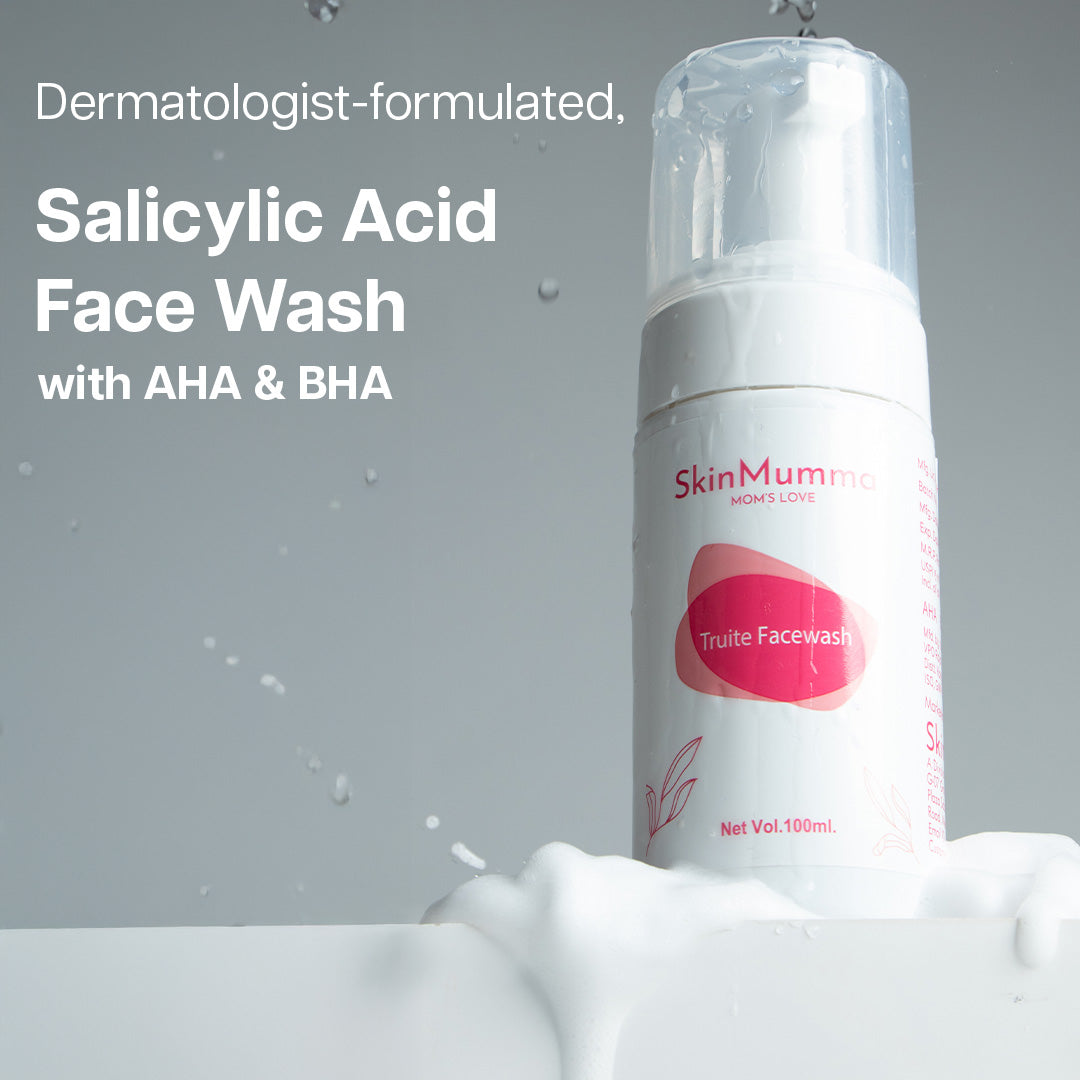
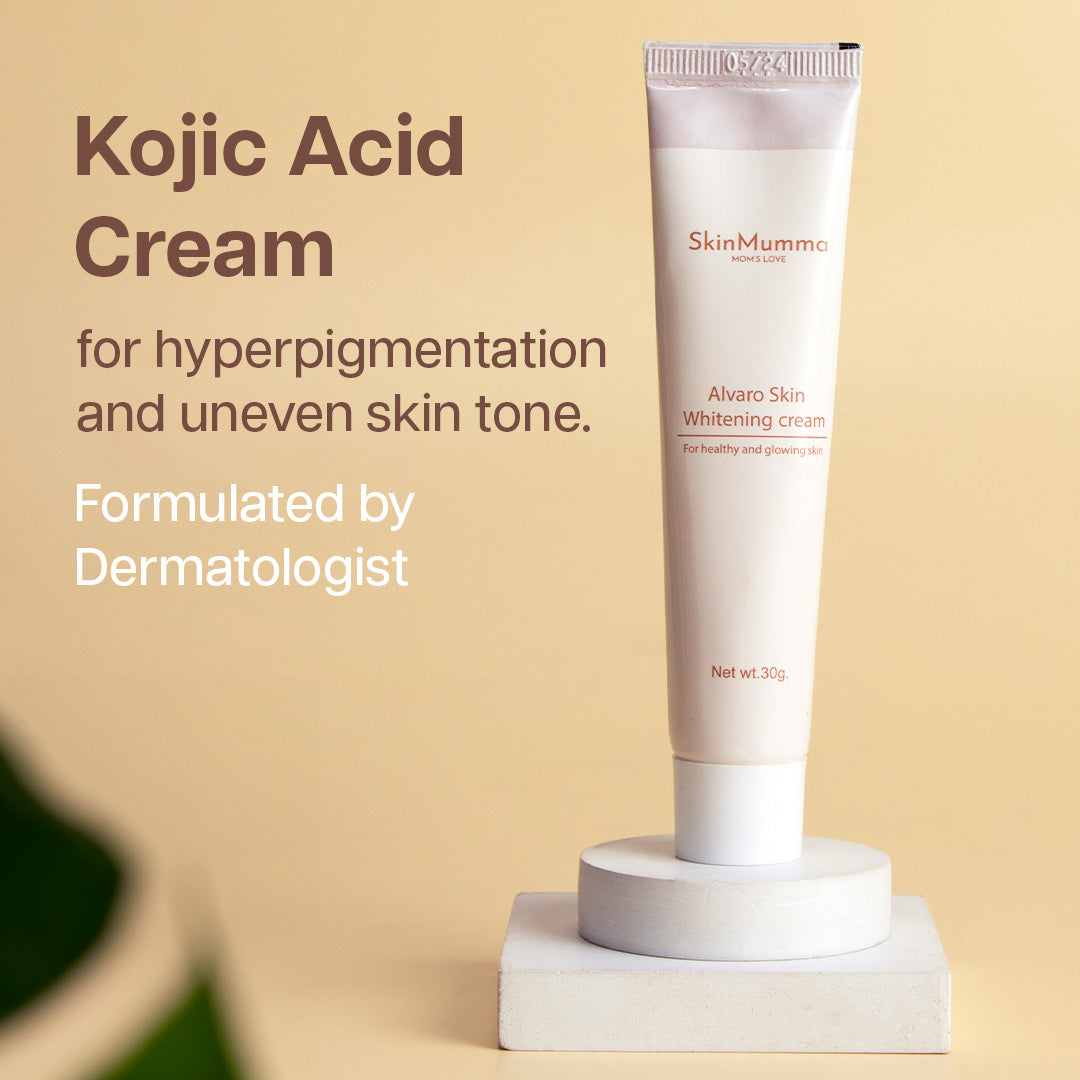
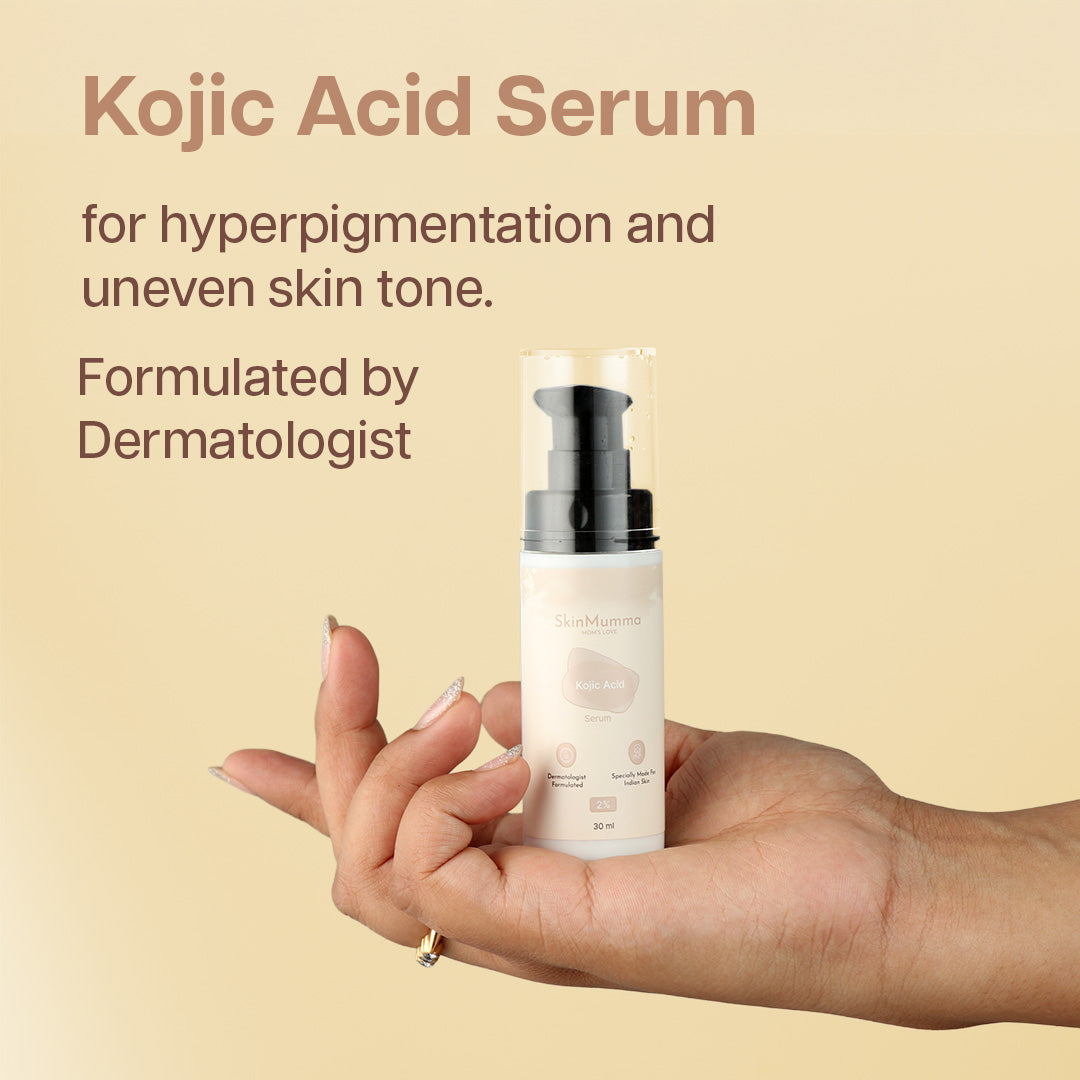
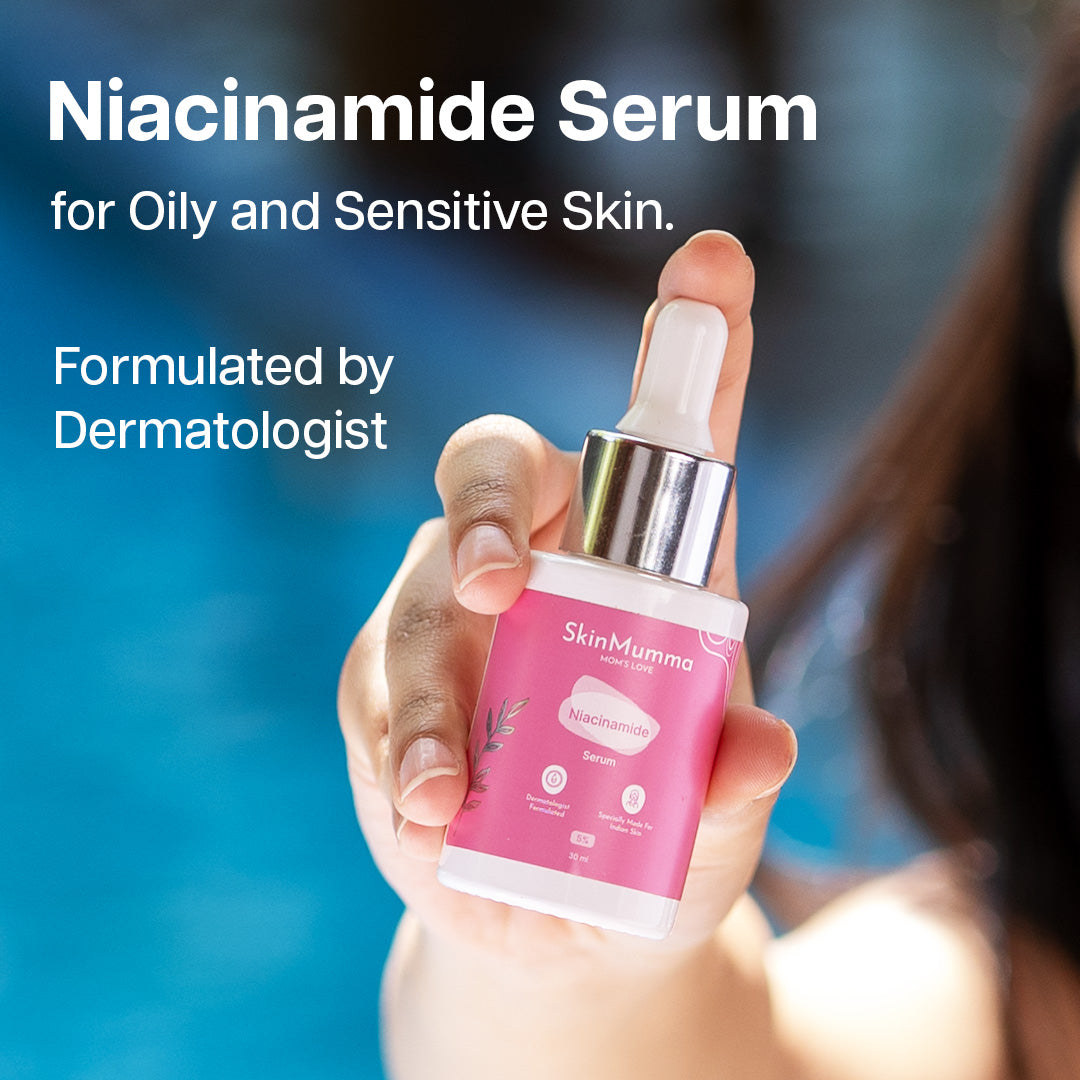
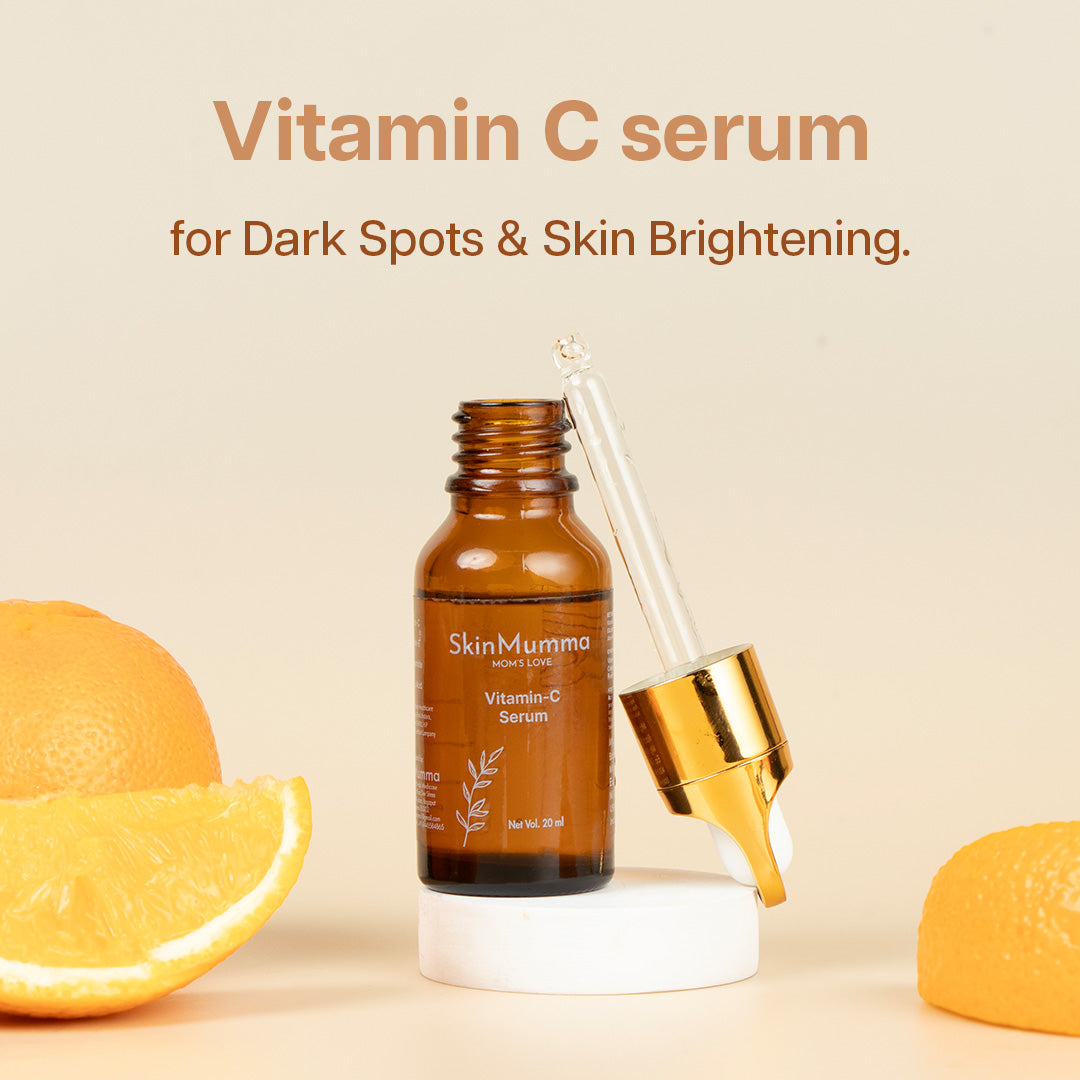
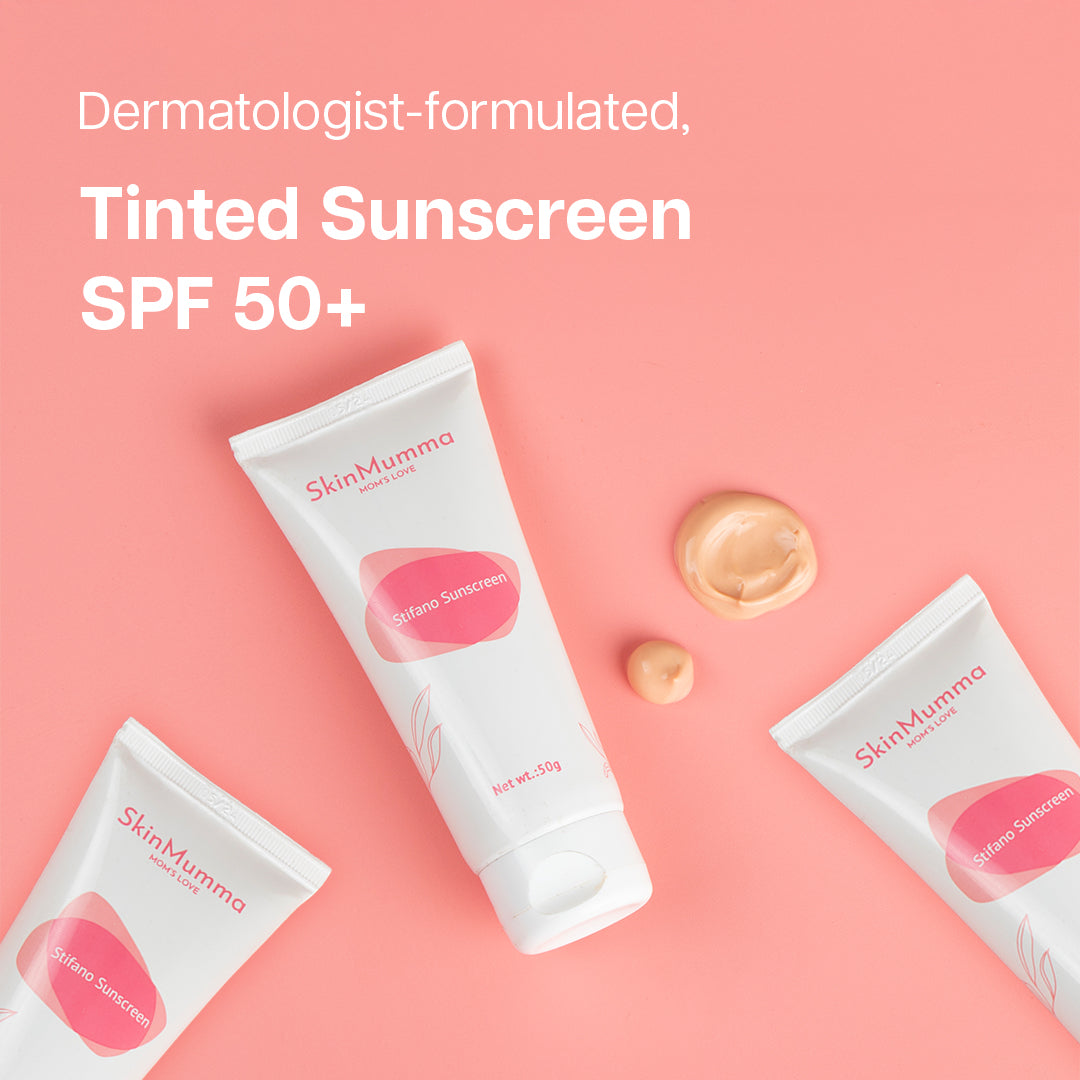




Dr Manisha Bindal is the senior dermatologist and laser skin expert with more than 25 yrs of experience in clinical practice. She has to her credit various advanced skin care procedures and Laser skin treatment protocols including chemical peels, fillers, threads and injections. You can trust the expert hands for any skin or hair related problems or any procedure if need be.